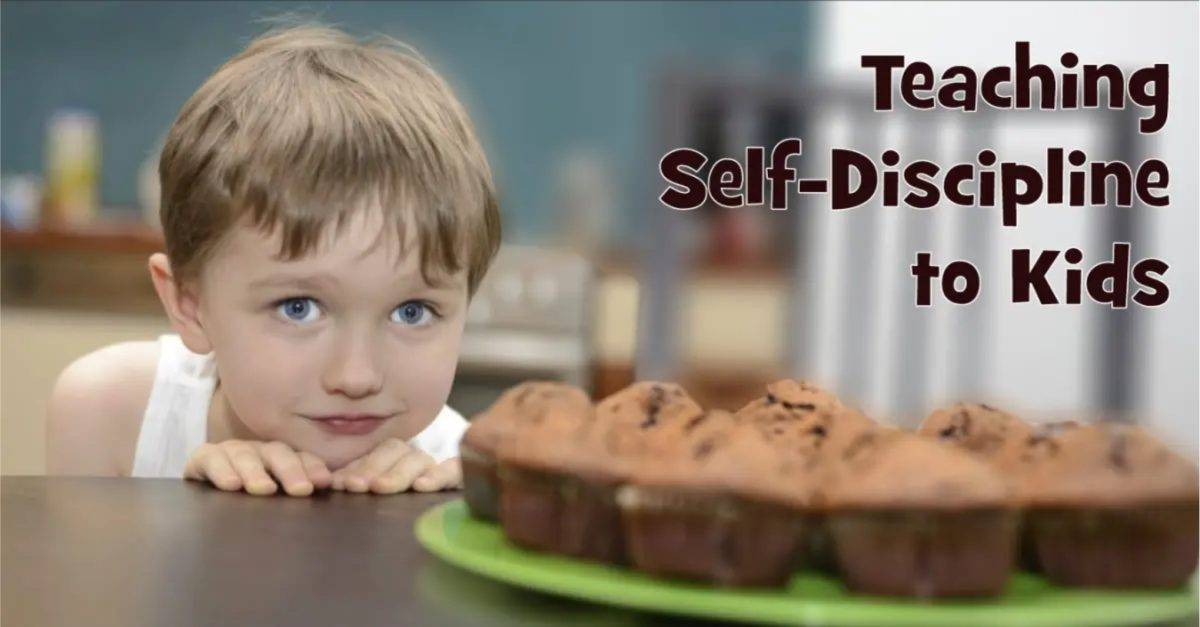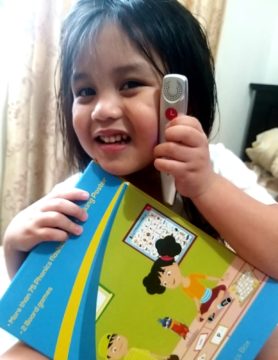
Importance of Play-Based Learning in Early Childhood Education
September 3, 2017
Introducing Values to Children
September 5, 2017Self-Discipline is the ability to regulate one’s emotions, thoughts and behavior in the face of temptations and impulses. It does not end at homework, watching TV, or even playtime. Self-discipline is an essential and indispensable life skill. Self-discipline is a skill that we learn and develop as we navigate our way through life. This skill determines, or at least plays a significant role in whether our lives take a healthy or unhealthy turn. No parent wants to tell their child to behave, what to do and how to do things 24/7, not only because it can get very exhausting, but also because it may have an adverse effect on the child, leading to a rebellious attitude, or even resentment.
No matter which methods you use to try and teach your child about ‘self-discipline’, the ultimate goal and endgame should be to ensure that your child understands the concept of ‘self-discipline’. Understanding and learning self-discipline helps kids delay gratification, to resist temptations that may not be healthy, and to even tolerate discomfort. These are required in achieving long term goals. Self-discipline is essential in helping kids become responsible adults. The key is instilling and developing self-discipline at a young and early age. This well aid in paving a successful path into adulthood for your child.

Listed below are some strategies you can use to instill the invaluable concept of self-discipline into the mini-you:
- Provide Structure & Routine
Create a schedule and structure that your child can follow on a day-to-day basis. This will let them know what is okay and what is not, what they should be doing and what is it that they should not be doing. This will lead to them getting less derailed by other activities.
- Create an Understanding & Friendly Environment
In regards to helping your child make the healthiest and optimal decisions, creating an understanding and friendly environment may be the best approach. Help them understand the reasoning behind your actions; for example, saying, “it would be a better idea to finish your homework first, rather than later, which will give you free time for later.” This is definitely better than saying, “You have to get the work done now, no questions asked.”
Getting into long and tedious lectures with your child will only bore them. Rather a quick explanation about what is the wiser and important decision will help them understand and hopefully make the smarter decision on their own.
- Concept of Consequences
Natural consequences are life’s best teachers and often teach the best lessons. A child who always relies on their parents to get a task done will not learn if the parent always does the work for them. Feeling the natural consequences of not getting the work done will aid them in getting their work done on their own, by serving as a reminder about what happens when they don’t.
Consequences aside, it is important for parents to avoid ‘power-struggles’. Trying to force your child will only have the adverse of the intended effect and won’t teach self-discipline.
- Appreciate, Acknowledge and Praise Good Behavior
Provide your child with appreciation, praise and acknowledgement when your child shows self-discipline and point out what specifically about their behavior you appreciate and would like to see more often. In addition, praise them when they do things and show self-discipline without your reminders. This adds a layer of incentives that your child has to look forward to for their actions by serving as a reward.
- Teach Problem Solving Skills
Teaching problem solving skills and working together to solve problems will help your child understand self-discipline better and on a deeper level. Sometimes asking your child about their opinion and what they think can be an eye-opening experience for them, leading to some very creative solutions coming from their end. Your child may come to a solution rather quickly for a simple problem. A more complex situation and problem may take and require a series of trial and error runs. Work with your child until they and you can come to the best solution.
Get your child some age-appropriate children’s books and story books for children that highlight and teach skills like self-discipline through entertaining and captivating stories and fables. Reading these stories together is a great bonding experience between parents and children.
Have a close look at the A+ Program from Learning Time. Learning Time combines the best content for children with the latest in publishing and digital media. You’ll get the absolute best for your child!





